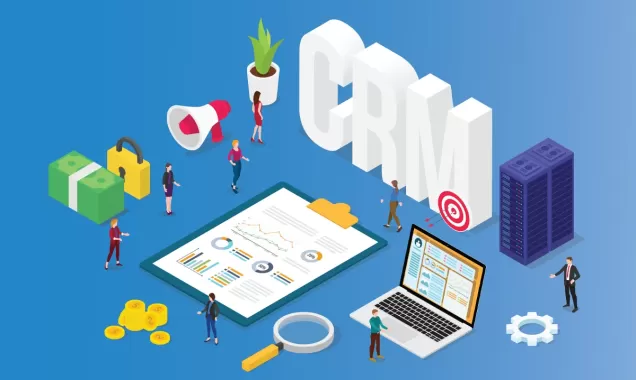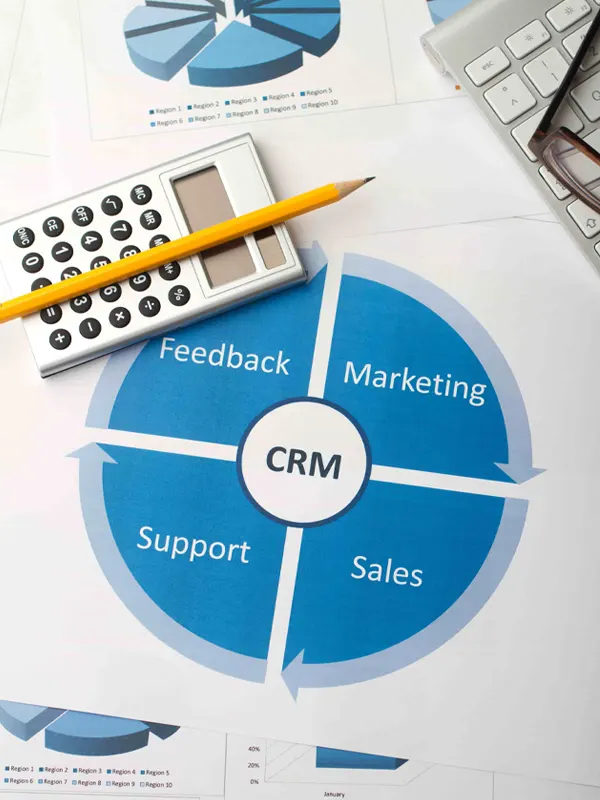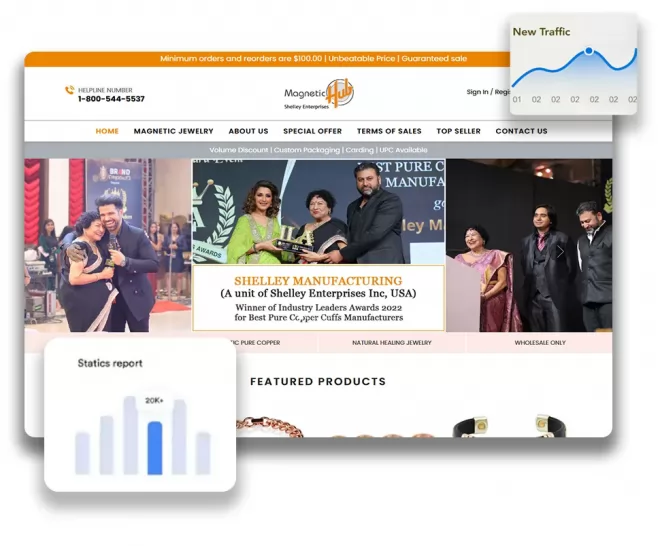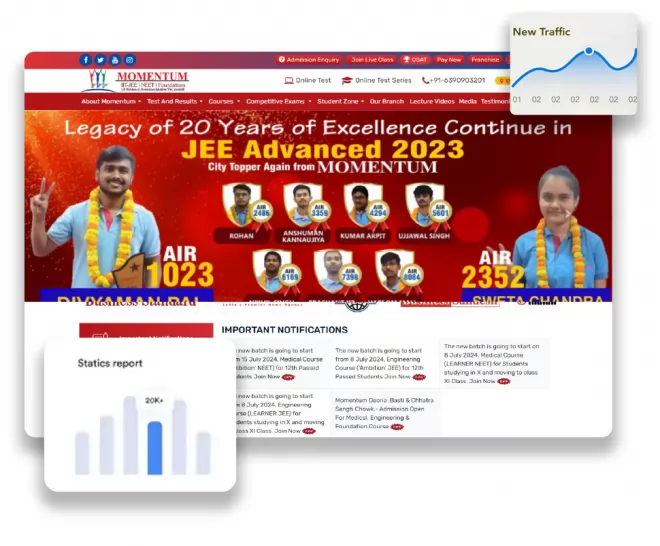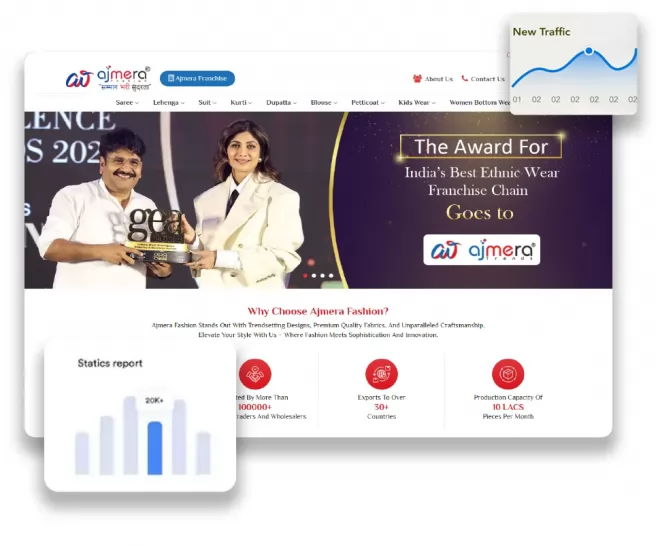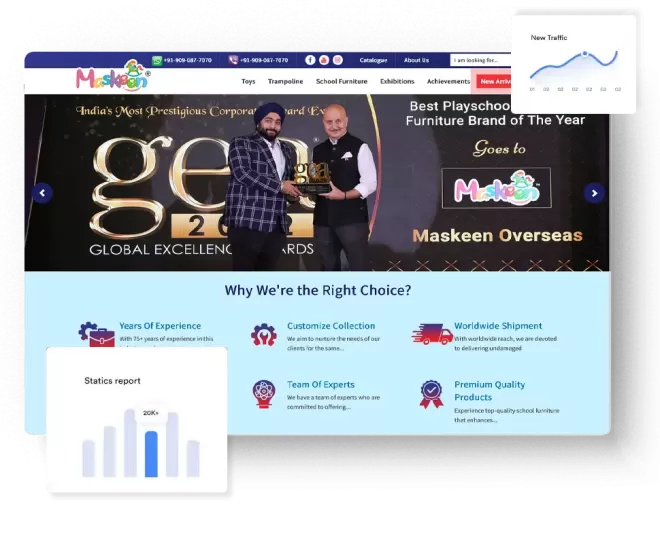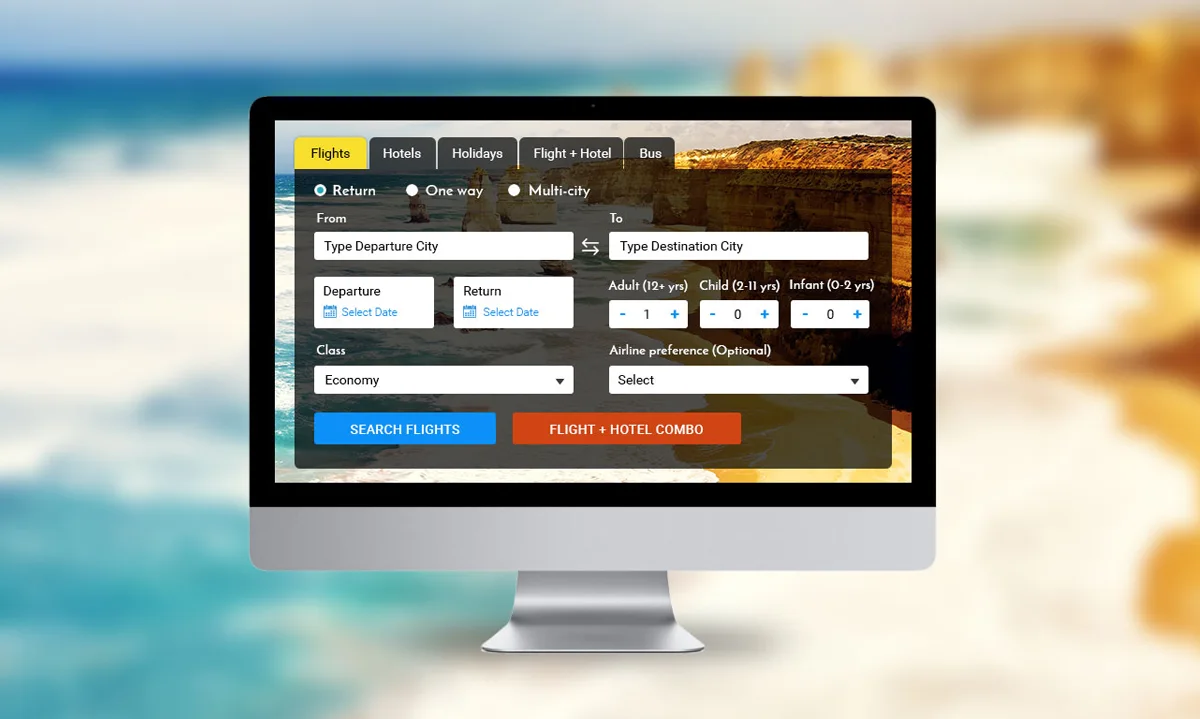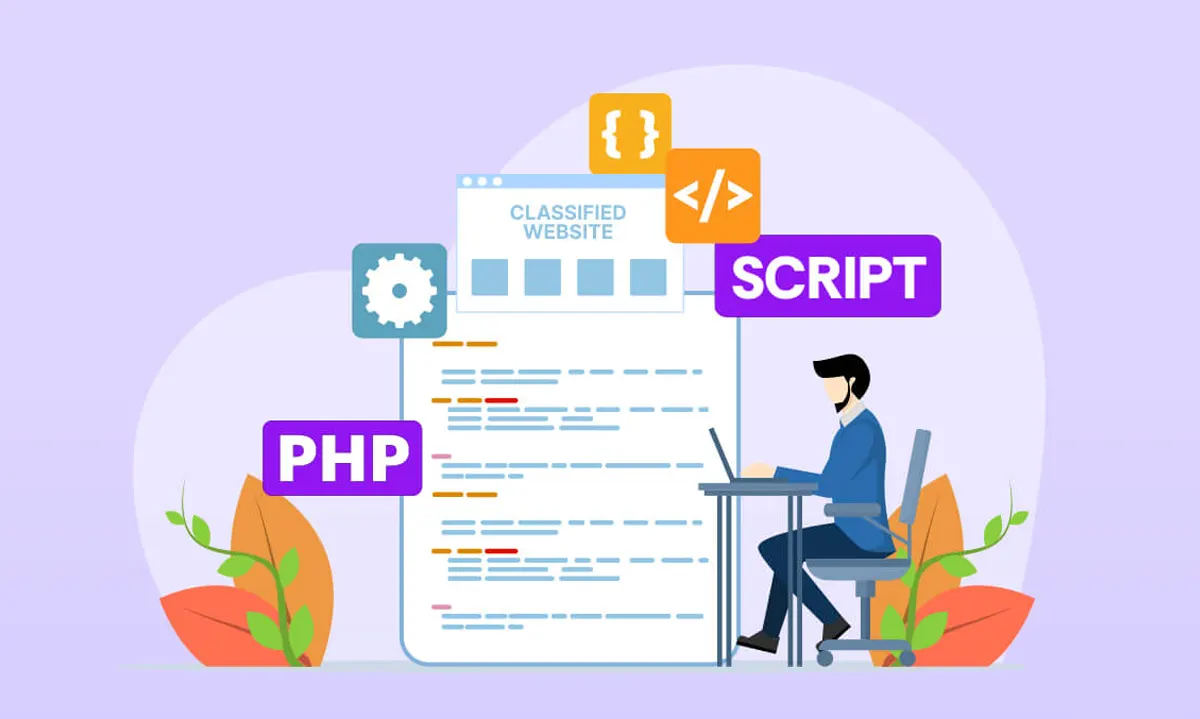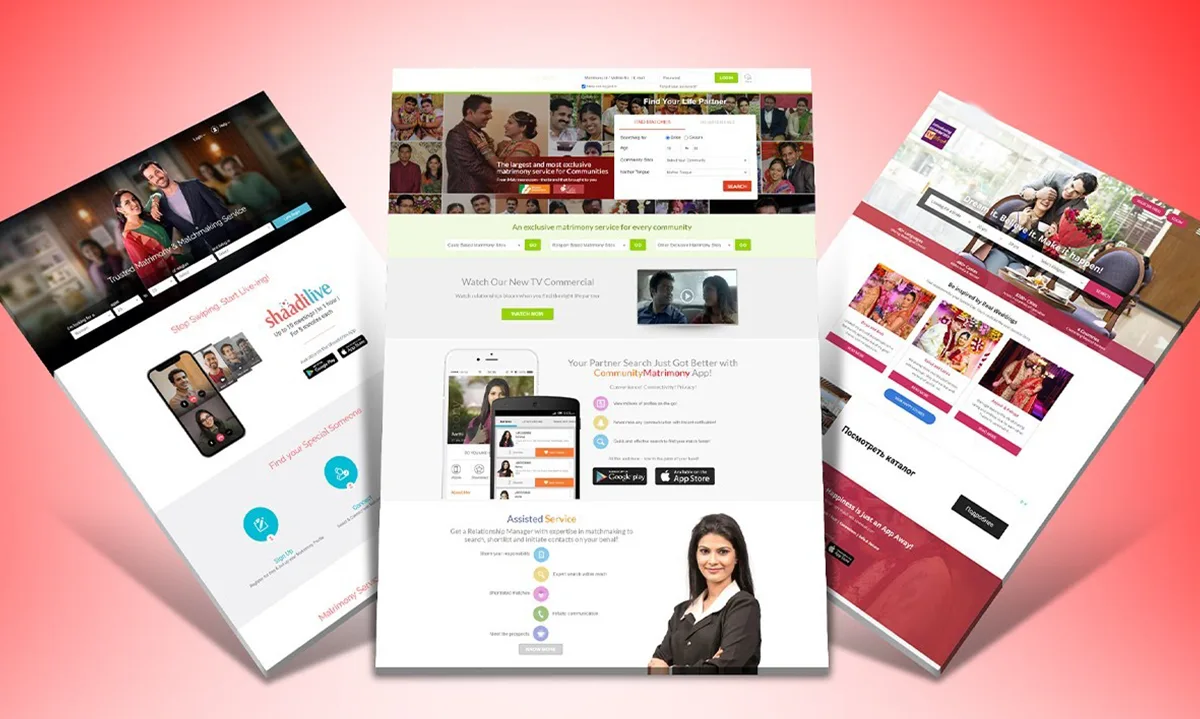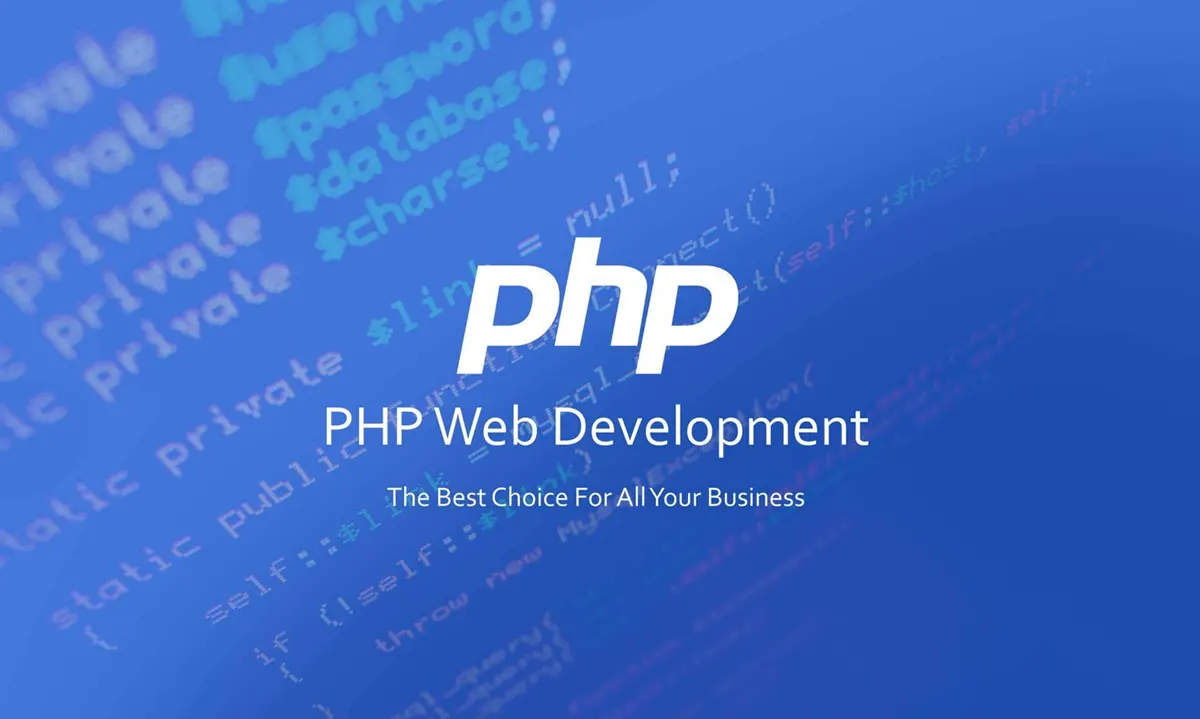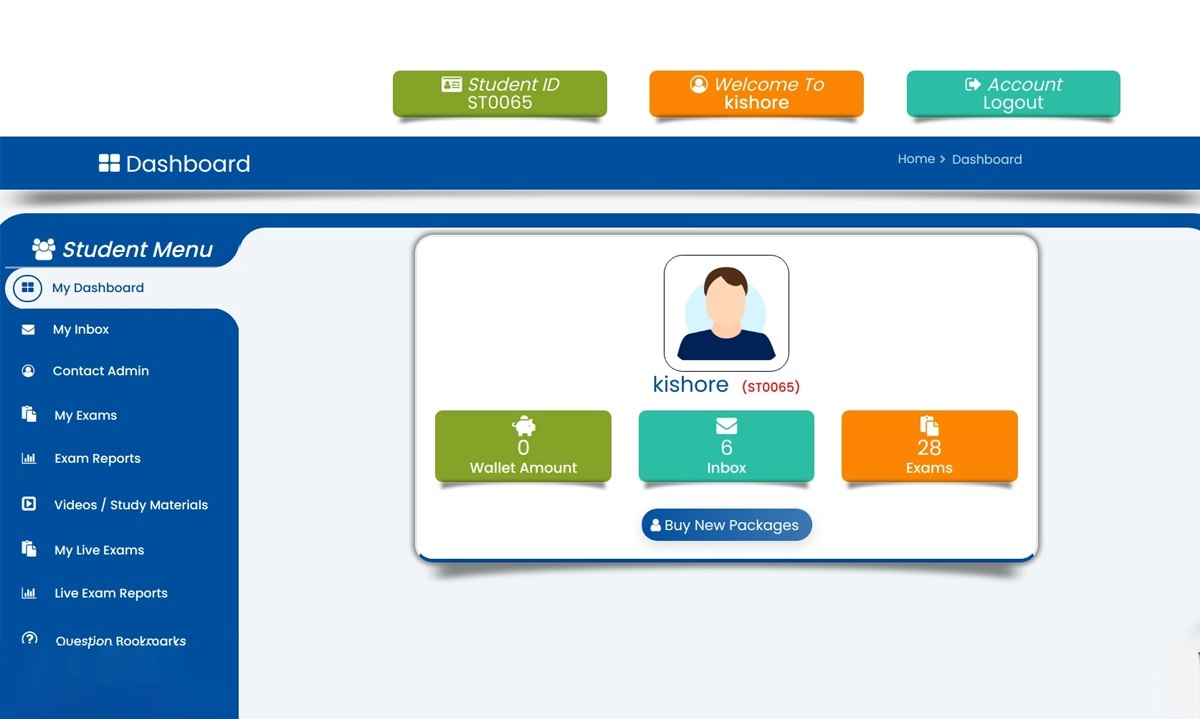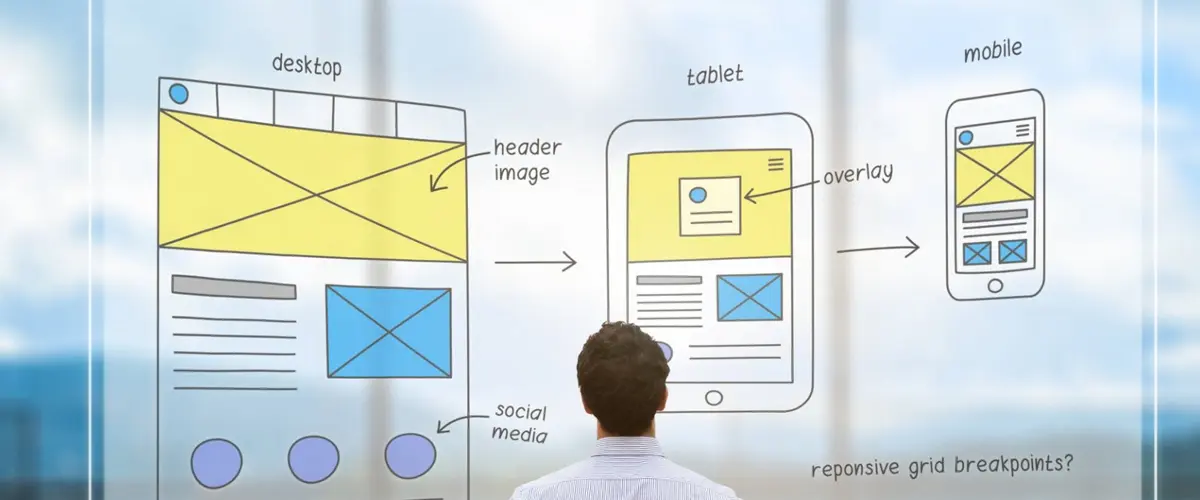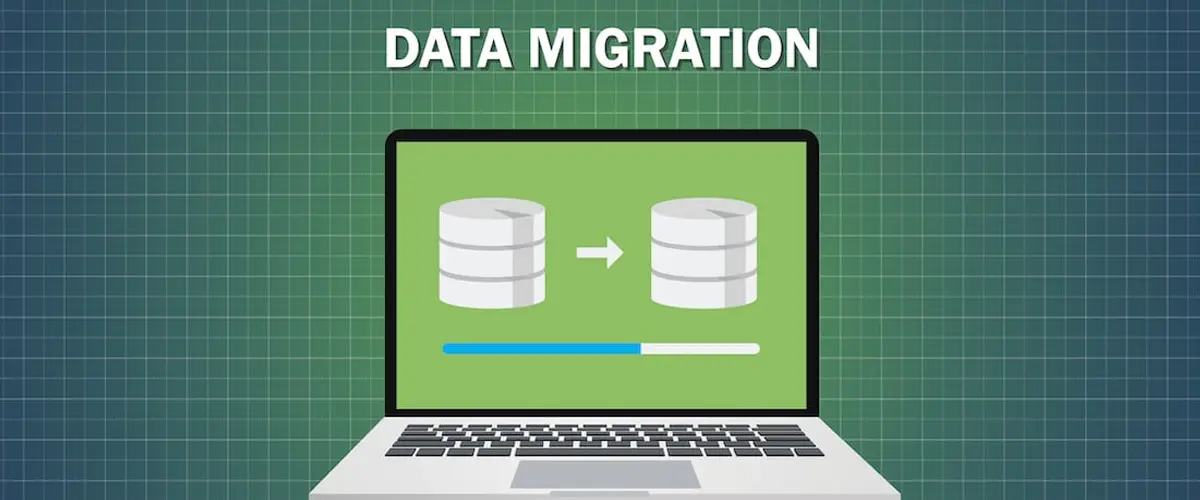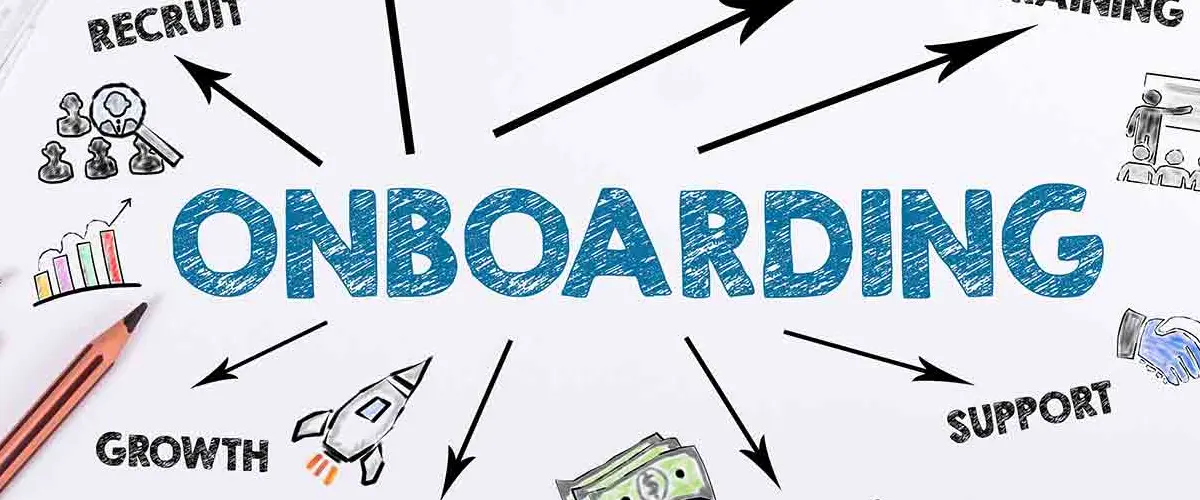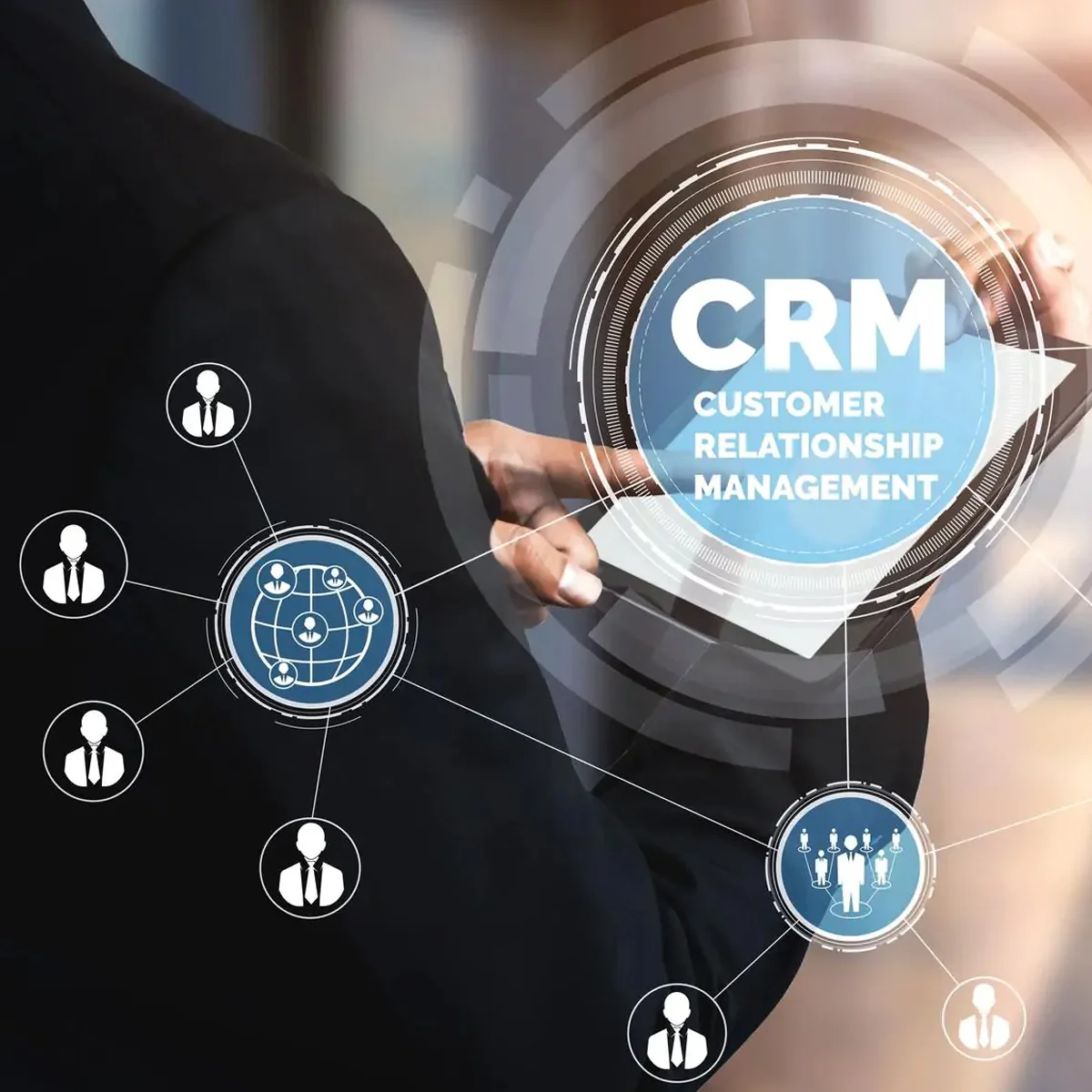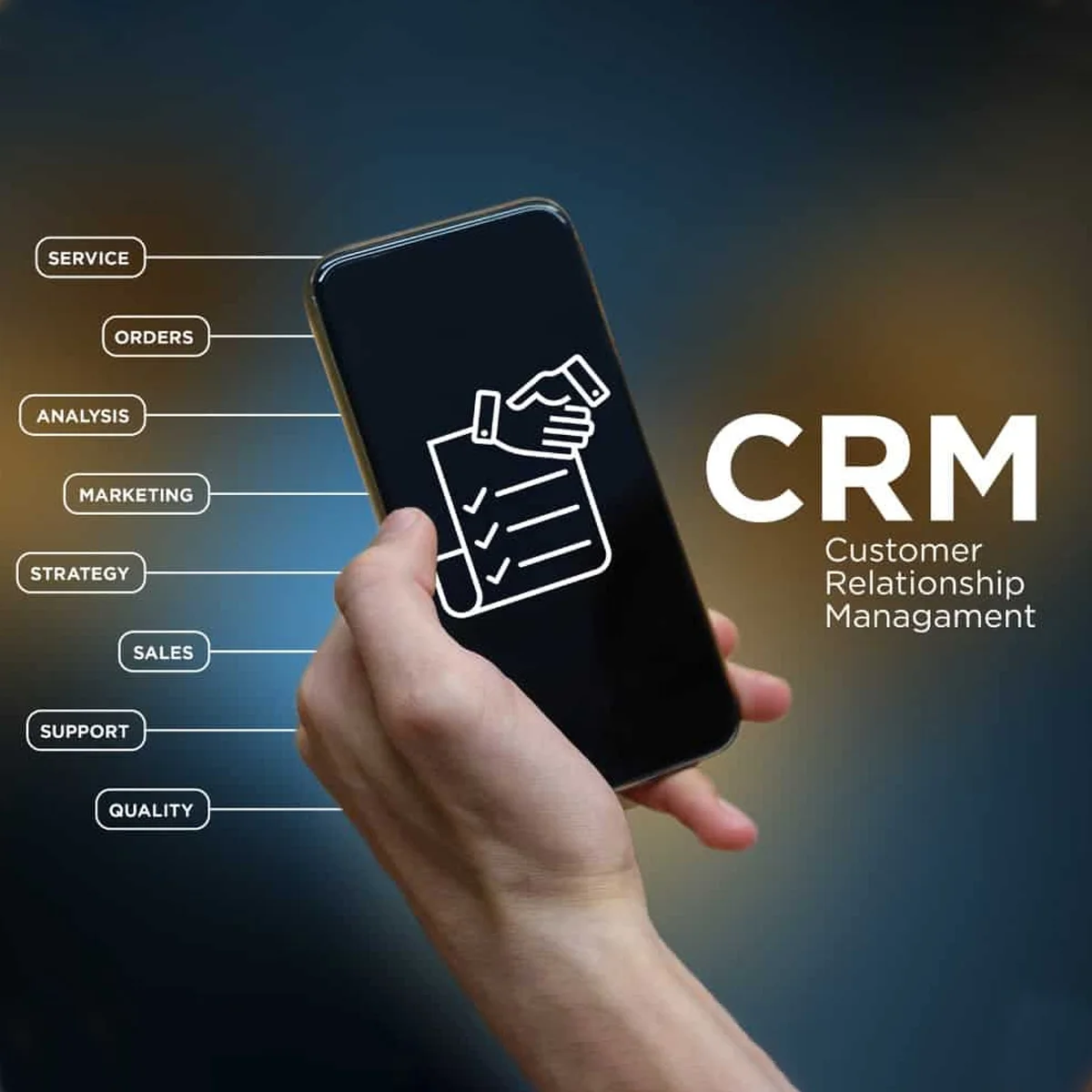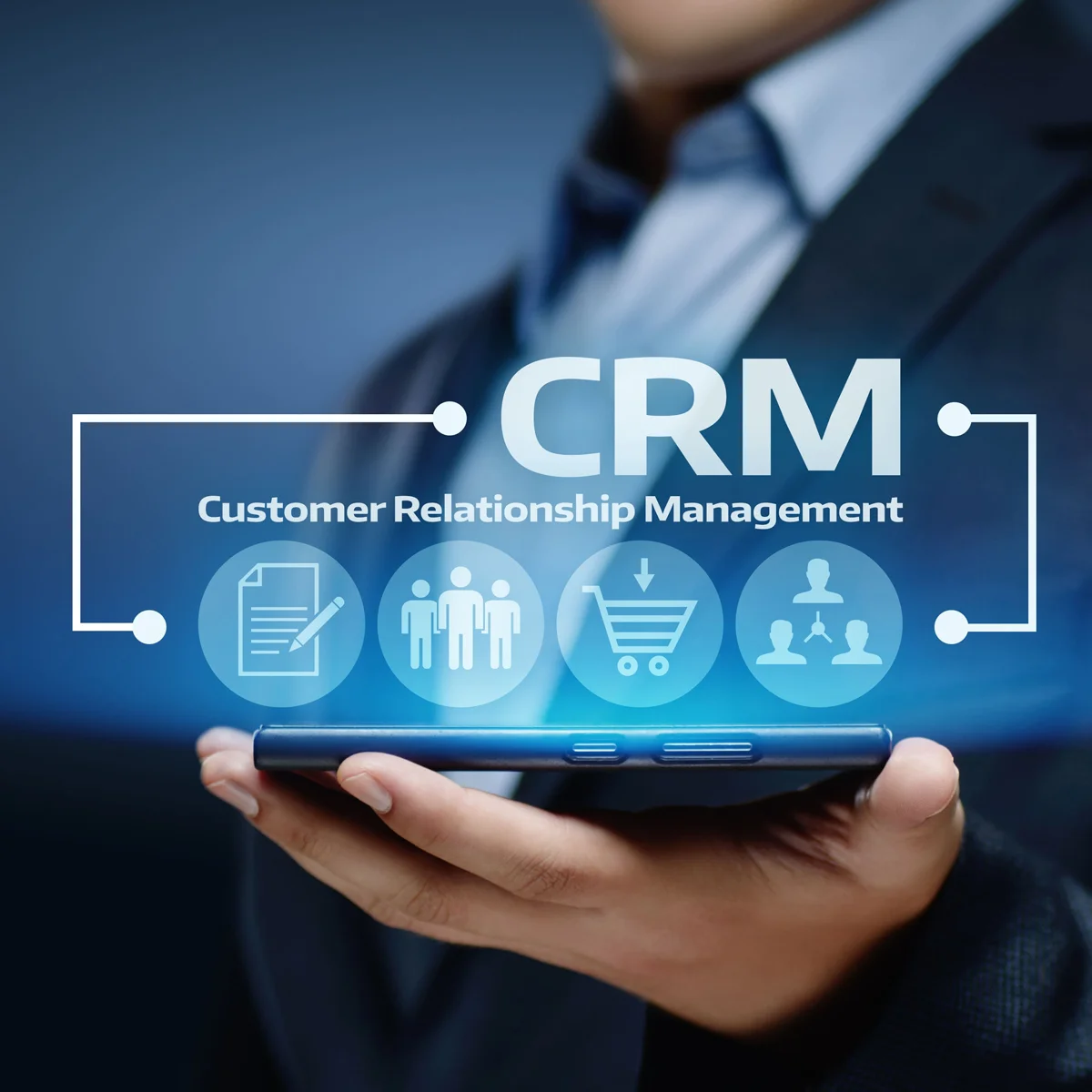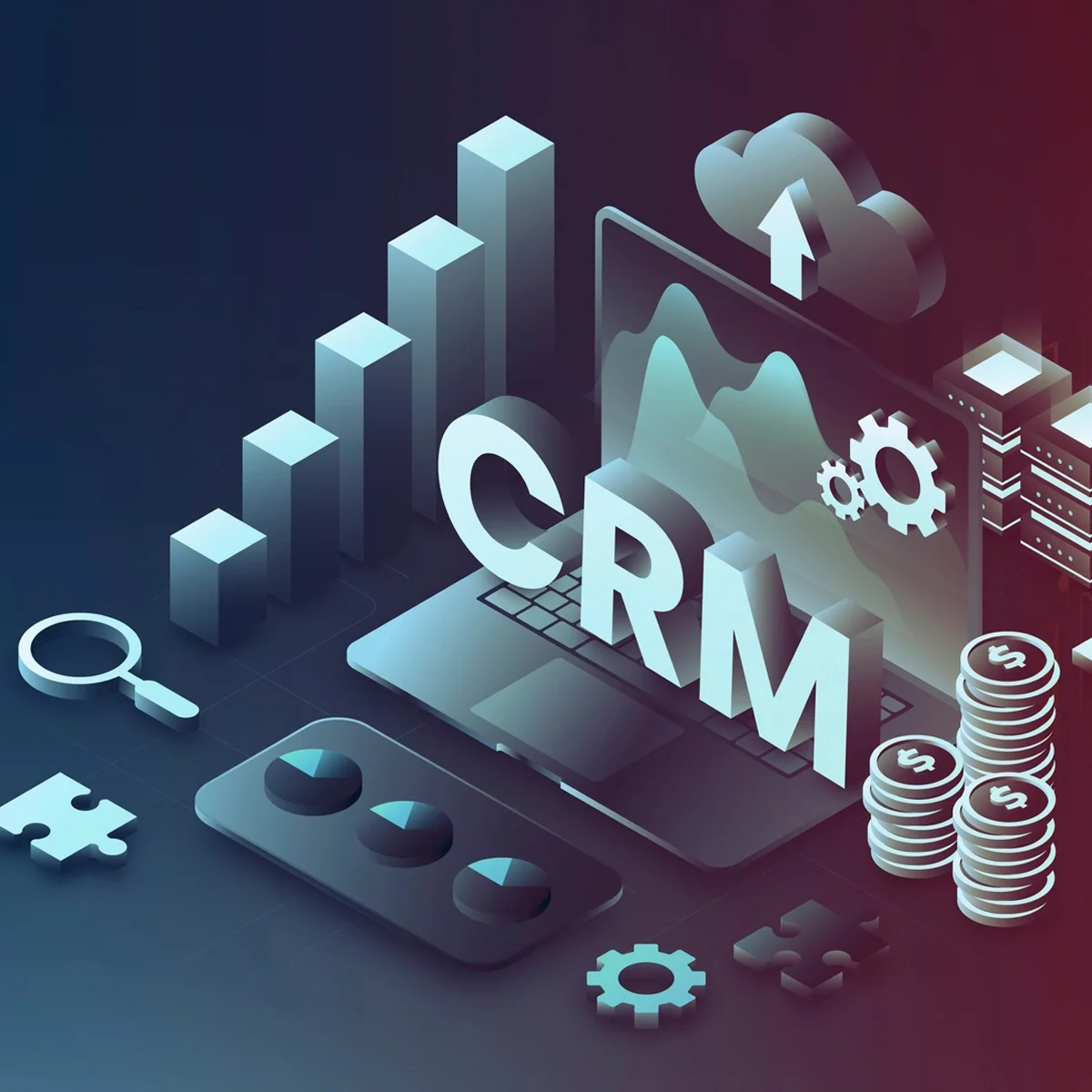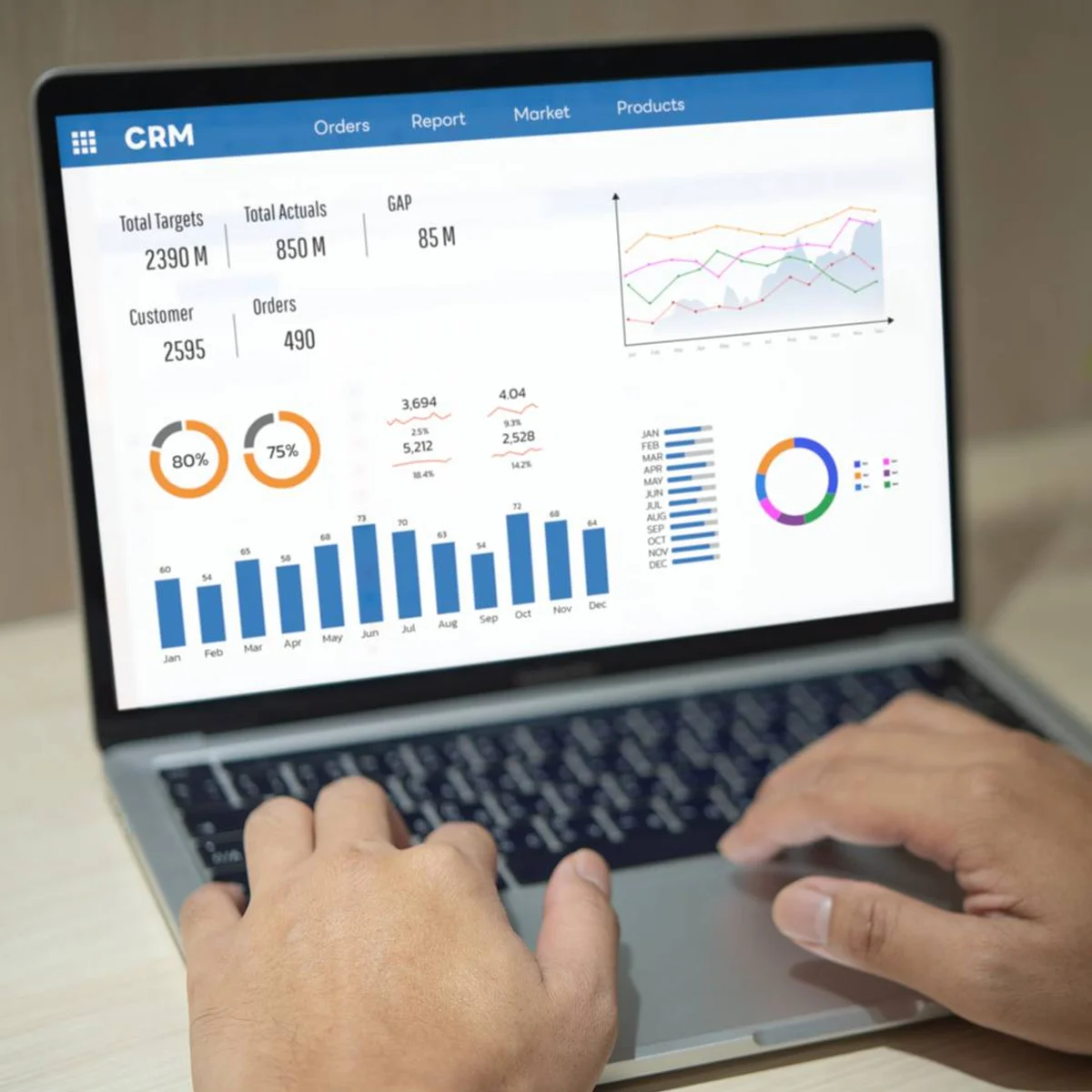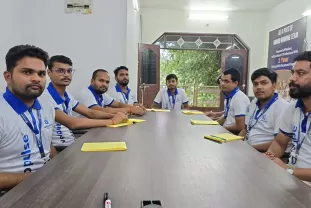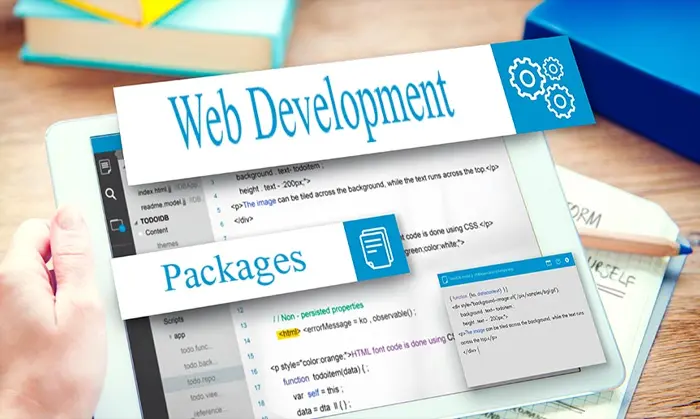Understanding Business Needs
The first step in our Sales CRM Development Process is thoroughly understanding the client’s business needs and sales workflow. We assess current processes and challenges to ensure the CRM will address specific pain points. This involves collaboration with sales teams and stakeholders to map out key objectives. By understanding the business dynamics, we tailor the CRM to enhance lead management, tracking, and customer interactions. Additionally, we identify essential CRM features such as automated reminders, data analytics, and sales forecasting tools. The goal is to provide a custom solution that streamlines operations and maximizes sales performance. We ensure the CRM integrates seamlessly with existing systems, laying a solid foundation for the next phases of development.
CRM Platform Selection
Choosing the right platform for Sales CRM development is critical to building a scalable and functional solution. We evaluate various platforms based on the specific needs of the business, considering factors like customization, integration potential, and security features. Whether opting for an open-source CRM, such as SuiteCRM or Odoo, or developing a custom solution from scratch, we ensure the platform supports the business’s growth. This decision involves collaborating with the client to identify which CRM features will drive success, such as lead management, pipeline tracking, or sales forecasting. The selected platform should be flexible, secure, and capable of integrating with other business tools like email marketing software, accounting systems, and ERP solutions to optimize workflow and collaboration.
Custom Feature Design
Once the platform is selected, we proceed with designing and developing custom features tailored to the client’s unique needs. From lead generation tools and automated workflows to detailed reporting dashboards, every feature is crafted with the end-user in mind. Key features often include CRM functionalities such as contact management, sales pipeline visualization, customer segmentation, and automated email follow-ups. We design these features to be intuitive and easily navigable by sales teams, ensuring they can quickly adopt the new system. Additionally, the CRM is equipped with analytics tools to track key metrics, providing valuable insights into sales performance and customer behavior. This step ensures the CRM is fully aligned with business objectives and enhances the overall sales process.
User Interface & Experience
User interface (UI) and user experience (UX) design are crucial components of the Sales CRM development process. A seamless, intuitive UI ensures that the sales team can quickly navigate the platform and access necessary information without a steep learning curve. We focus on clear navigation, easy access to features, and a visually appealing design that encourages adoption. The UX is optimized to minimize unnecessary steps and enhance workflow, making tasks like tracking leads, closing deals, and managing customer data effortless. By focusing on simplicity and ease of use, we ensure the CRM boosts productivity and minimizes friction in everyday sales tasks. A positive UX plays a critical role in increasing user engagement and long-term CRM success.
Integration with Systems
Integration with existing business tools is a vital part of the CRM development process. We ensure that the Sales CRM seamlessly integrates with other systems like email platforms, marketing tools, and ERP software to enhance overall functionality. For example, integrating with email systems allows automatic syncing of communication logs, while integration with marketing tools enables lead capture and nurturing. This provides a unified view of customer data, making it easier for sales teams to access comprehensive information in real time. By connecting the CRM with inventory management, finance tools, and other business-critical systems, we ensure that the sales team has access to the most up-to-date data, driving better decision-making and improving productivity.
Data Migration & Import
During the Sales CRM Development process, data migration is a crucial step. If the business is transitioning from an older system or spreadsheet-based tracking, we carefully import and migrate all relevant data into the new CRM. This includes contact information, sales histories, communication logs, and previous lead data. We ensure that the migration process is smooth, preserving data integrity and minimizing disruption to sales operations. Our team conducts thorough data cleansing before importing it into the CRM to eliminate any inaccuracies or duplications. Proper data migration ensures that the CRM is immediately usable and provides the sales team with a complete, accurate history, enabling them to engage with customers effectively from day one.
Automation Setup
One of the key benefits of Sales CRM systems is automation, which significantly boosts productivity and efficiency. We set up automated workflows to handle repetitive tasks such as lead assignment, follow-up emails, and notifications for upcoming meetings. For example, once a lead enters the system, the CRM can automatically assign it to a sales representative, trigger an introductory email, and schedule follow-ups. Sales representatives can also receive reminders and notifications, ensuring timely responses to leads and customers. Automation reduces the chances of human error, improves customer experience, and ensures that no opportunity slips through the cracks. It also allows sales teams to focus on high-value tasks, knowing that routine processes are handled automatically.
Testing & Quality Assurance
Testing and quality assurance (QA) are essential to ensuring that the Sales CRM functions properly before deployment. We conduct thorough testing across multiple stages of development to verify that all features, including data entry, CRM workflows, and reporting tools, work as expected. Performance testing is conducted to assess how the system handles high traffic volumes, ensuring it remains responsive even with increased users. We also perform security testing to safeguard sensitive customer and sales data. Any bugs, issues, or inconsistencies are promptly identified and fixed. By following rigorous QA protocols, we guarantee that the final product is stable, secure, and ready for deployment, ensuring a smooth transition for the client and their sales team.
Training & Onboarding
Once the CRM is ready for deployment, we offer comprehensive training and onboarding for the sales team. This ensures that users are comfortable with the platform and understand how to make the most of its features. We conduct detailed walkthroughs of the CRM’s functions, such as managing contacts, tracking sales progress, and generating reports. Training also includes best practices for using automation tools and ensuring data accuracy. By offering personalized training, we help users fully leverage the CRM to enhance sales productivity and performance. Ongoing support is provided post-launch to answer any questions, resolve issues, and provide additional training if necessary, ensuring that the system is utilized effectively from day one.
Post-Launch Support
Post-launch support is a key component of our Sales CRM Development process. After the CRM is deployed, we continue to provide ongoing support to ensure that the system runs smoothly and remains aligned with business needs. This includes addressing any technical issues, troubleshooting problems, and optimizing system performance. Additionally, we offer regular updates and enhancements based on user feedback and evolving business requirements. As the business grows, we can further customize the CRM to accommodate new needs or expand its capabilities. Our post-launch support ensures that the Sales CRM remains an invaluable tool, consistently helping sales teams manage leads, track sales, and improve overall performance for the long term.



